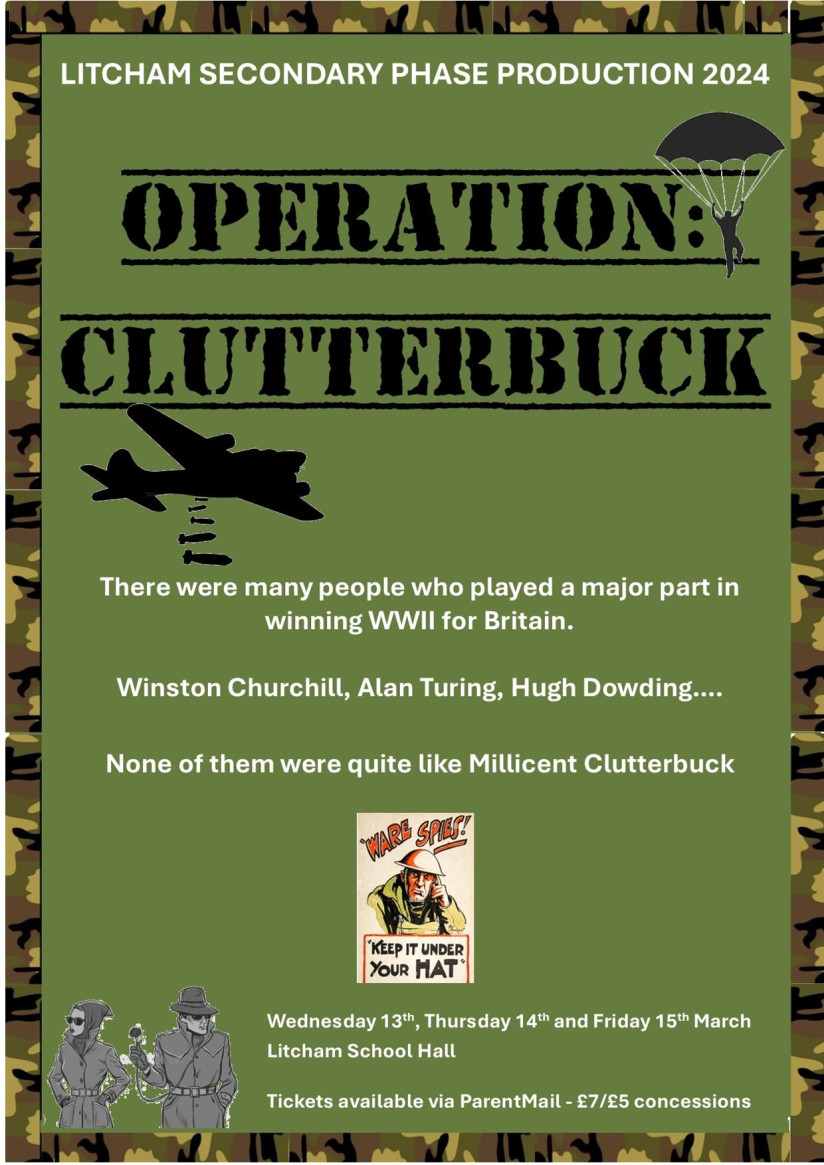Secondary
Operation Clutterbuck
When I was nine years old, I learnt that Britain had won the second world war. I was so pleased with the news that I went around telling everyone and was a little put out to find they already knew.
The lesson I learnt this in gave things in binary terms. Britain won - Germany didn’t. There was barely a mention of America or any other of Britain’s allies. We learned that the Germans relentlessly bombed London, although not that the British had done the same to Germany. However, aside of the result, what stuck with me more than anything was when the teacher (herself, old enough to have lived through the war) pointed out that during the liberation of France, the British had a vast loss of life, just not as many as Germans. The most important thing was, we won.
Over the years as I have read and learned much more about WWII and it’s primary cause, WWI, I have remembered this almost throwaway comment and wondered - did the Allies actually win the war, or did Germany lose it?
The answer is probably both. What is clear however, is that Germany, specifically Adolf Hitler, made some catastrophic strategic errors that gave precious time to Britain and the Allies.
Dunkirk is now a byword for indomitable British resolve, snatching from the jaws of defeat, if not victory, then at least miraculous escape. But this was only possible because Hitler ordered the German army to halt a few miles before Dunkirk. Had he not, the outcome would likely have been quite different. A month or so later, the Luftwaffe came close to wiping out the RAF. Had they continued to bomb airfields instead of switching to bombing cities it is feasible the RAF would have lost; the invasion of Britain by the Nazis being the inevitable result.
There were other factors involved. Hitler’s decision to halt before Dunkirk was to allow his army to rest – perfectly reasonable, but at what cost to his ambitions. The victory in the Battle of Britain was also due to Britain’s use of radar - being able to pinpoint where the Luftwaffe attacks were coming and scrambling the planes to be ready. But obviously that relied on there still being planes to scramble.

Hitler was also victim to his own hubris. Convinced he was a military genius in the mould of Caeser or Napolean, he endeavoured to go further than even Napoleon did, invading Russia and condemning hundreds of thousands of his own soldiers to the same fate as the French army 130 years previously. Similarly, his declaration of war on the USA came from that same sense of invincibility. If Russia was when Hitler lost the war, the introduction of the USA’s almost infinite resources was when the Allies knew they could win it.
Many people had a significant and defining impact on the outcome and duration of WWII - Winston Churchill, Alan Turing, several others mentioned in the script and many more besides. But for all their individual brilliance, courage and conviction, in the end, it could be said that the person who did most to ensure the allies defeat of Adolf Hitler, was Adolf Hitler.
Operation Clutterbuck is clearly a work of fiction (albeit set amongst very real events.) However, some of the more unexpected plot elements are based entirely on fact. For instance, references to a convent school in Norfolk (specifically, the Swaffham Convent School) are exactly as described.
